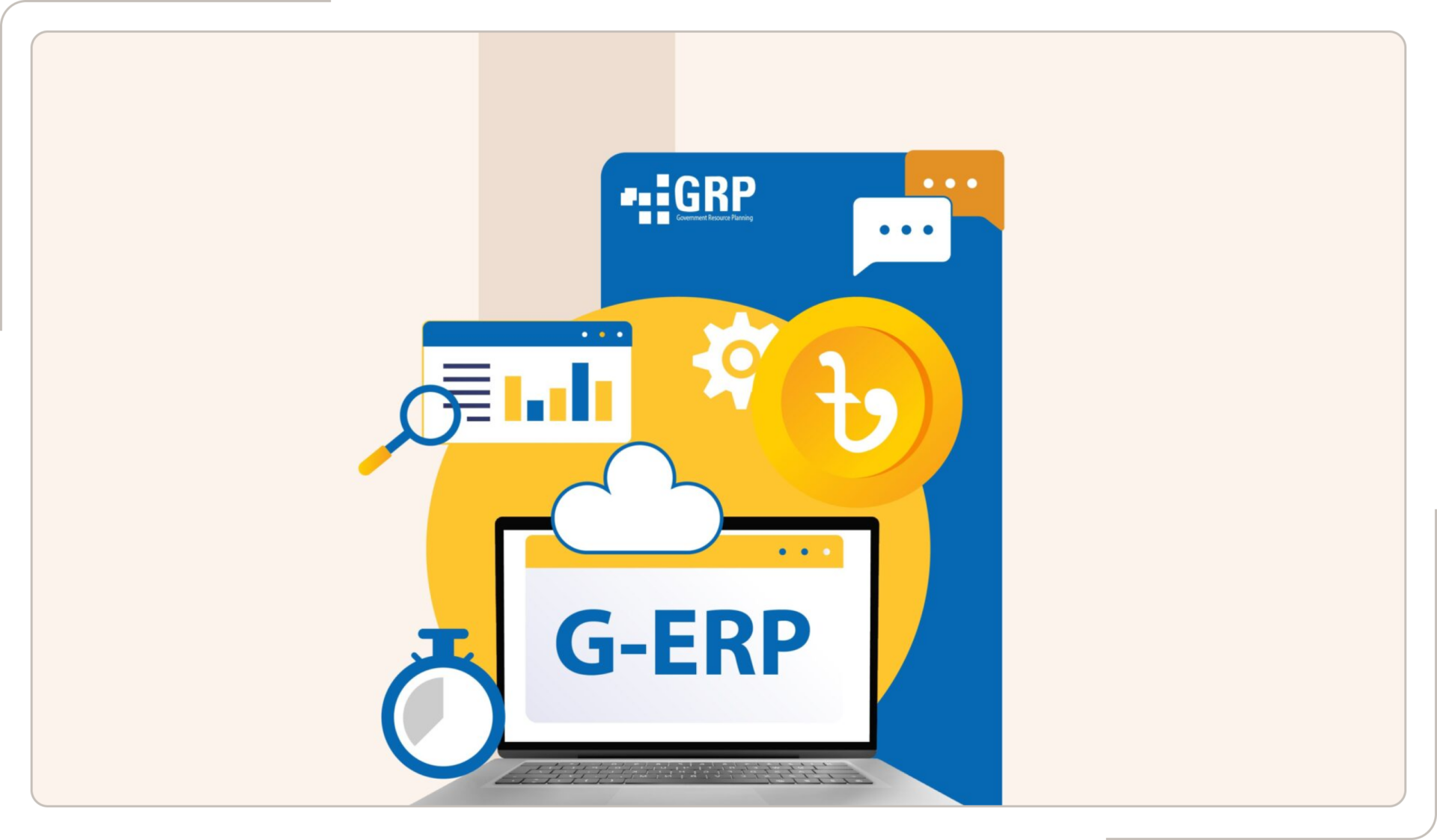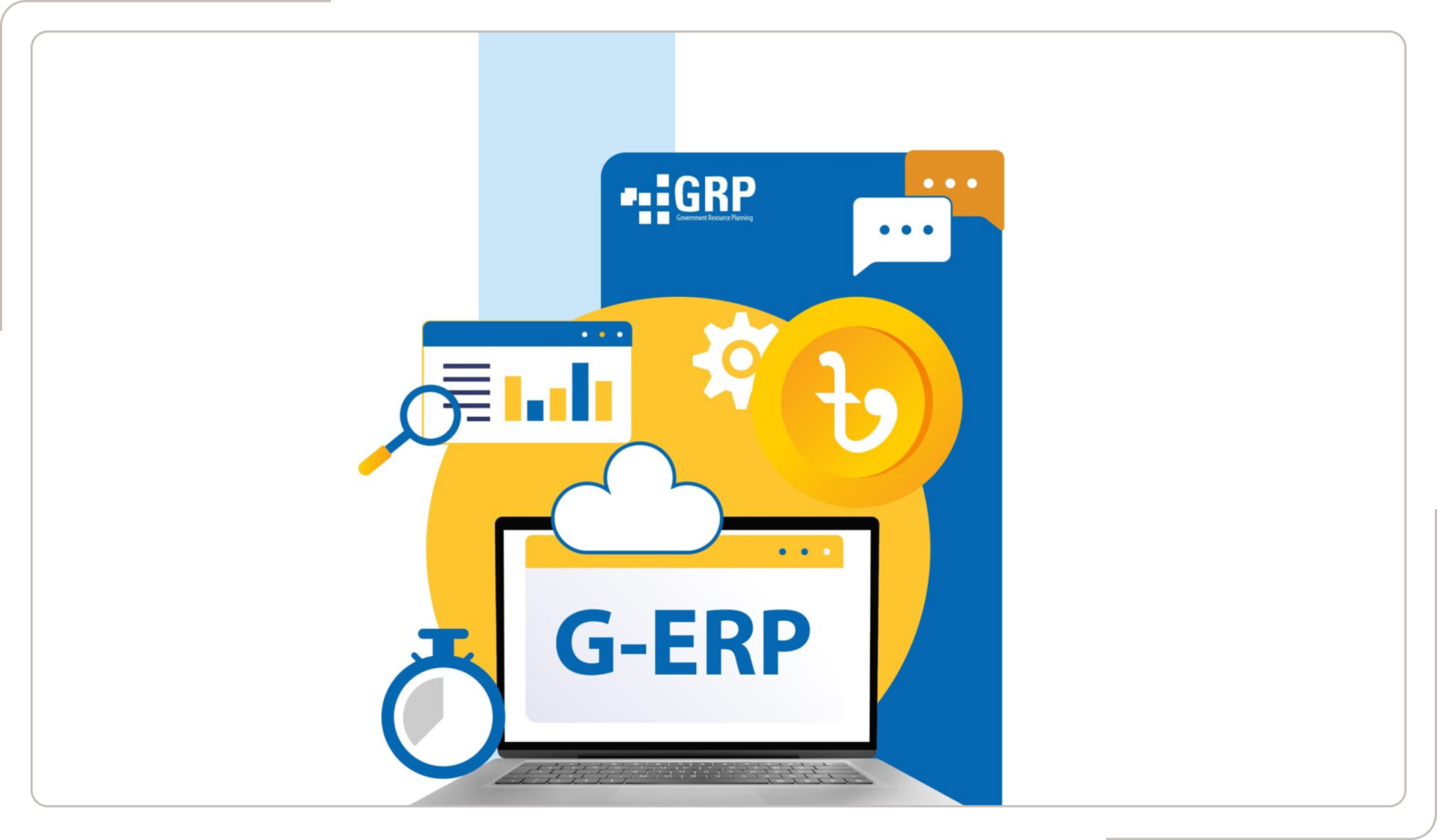Bangladesh e-Government ERP (G-ERP)
Synesis IT developed a Government ERP (G-ERP) to streamline operations and enhance coordination across various entities of the Government of Bangladesh

Bangladesh e-Government ERP
Introduction to the Project
The G-ERP was created in collaboration with the Bangladesh Computer Council (BCC) and Synesis IT. It was designed to automate core functions such as financial management, project planning, human resources, and administration. Built using a microservice architecture, the system ensures flexibility, scalability, and seamless data sharing. Piloted in nine organizations under the ICT and Planning Ministries, it enables real-time data management and streamlined workflows, significantly enhancing operational efficiency.

Challenges Before G-ERP
Fragmented Systems
Scattered systems across government entities caused inefficiencies in data management and coordination.
Time-Consuming Processes
Manual operations slowed decision-making and accountability.
Complex Implementation
Adapting ERP solutions to the diverse needs of a large governmental structure posed unique challenges.

Solution Overview

Microservice Architecture
G-ERP ensures scalability, adaptability, and flexibility for diverse government needs.
Core Function Automation
Streamlines financial management, project planning, human resources, and administrative tasks.
Real-Time Data Sharing
Facilitates seamless coordination and better decision-making.
Pilot Implementation
Tested in nine organizations to refine the system before broader rollout.
Key Features
General Features
User Management & Access Control
Role-based permissions with integrated alerts.
Agile Development & Version Control
Managed via Bitbucket for efficient updates.
Server Monitoring
New Relic ensures optimal server health and performance.
Mobile Accessibility
Mobile apps for iOS, Windows, and Android improve accessibility.
Technical Features
Message Queue-Based Architecture
Enhances communication between services.
Backup & Recovery in PostgreSQL
Ensures data safety and quick restoration.
Automated Reporting
Real-time reports via Pentaho and JasperReports.
DOCKER Deployment
Streamlines development and deployment across infrastructures.
Technology Platform

Spring Framework

Hibernate

PostgreSQL

Java
Core Expertise

Cyber Security

DevOps

Content Management Systems

Enterprise Resource Planning
Impact

Enhanced Efficiency
Automated workflows reduce manual errors and save time.
Improved Transparency
Increased visibility into operations fosters accountability.
Future Scalability
Microservice architecture supports expansion to over 300 implementations.
Pioneering Initiative
Sets a new benchmark for resource management in governance.
Conclusion
The development and piloting of G-ERP mark a historic step for the Government of Bangladesh, representing its first large-scale initiative to deploy a customized ERP solution. By modernizing and integrating essential functions, G-ERP is positioned to enhance public sector efficiency, transparency, and service delivery across various government entities.
